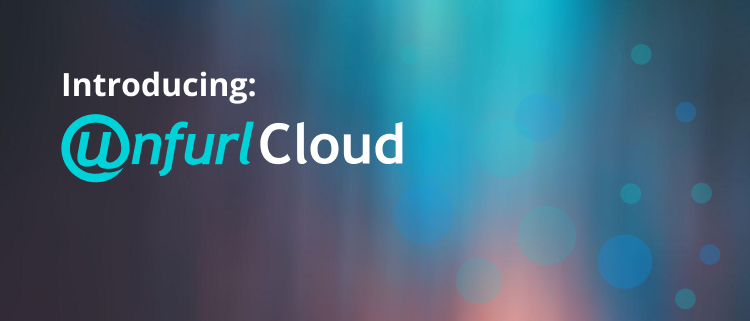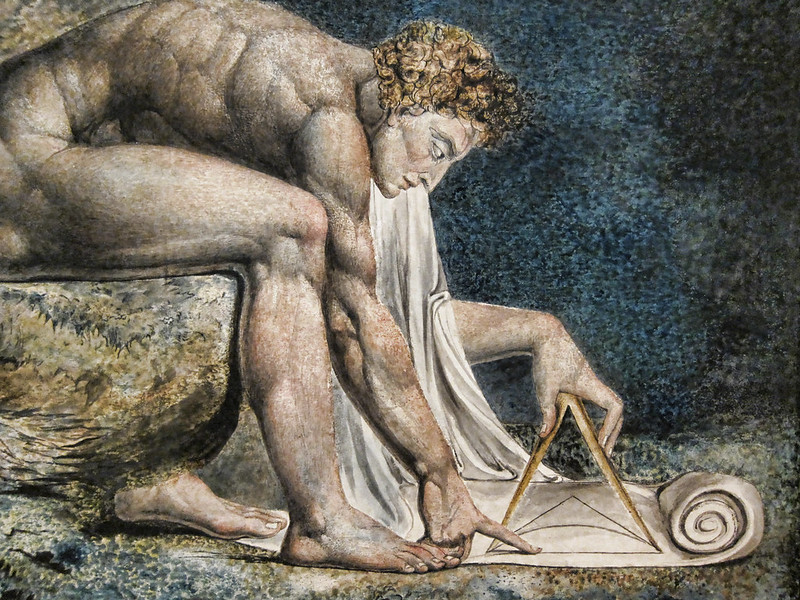The name OneCommons points to the idea that as the Internet ties people together and dramatically reduces the costs of distribution, discovery, peer production, and curation of content and ideas it creates one common pool of knowledge.
In this way it is part of a long lineage of dreams for a universal repository of ideas, from Diderot’s universal encyclopedia in the 18th century to Vannevar Bush’s Memex at the beginning of the computer age to Ted Nelson’s Xanadu in the 1970s and onto Tim Berners-Lee vision of a “unifying logical language that enables concepts to be progressively linked into a universal Web.”
But OneCommons, as a name and concept, is also rooted in an economic idea: that this knowledge commons consists of what economists call non-rival goods: goods whose scarcity are not affected by someone else’s consumption of it. And for non-rival goods, a commons that pools resources can be more efficient than traditional markets that treat these goods like individually priced physical items. For example, consider the inefficiencies arising from imposing artificial scarcity on intellectual property even though we all know “information wants to be free” as Steward Brand put it.
More subtly – but maybe even more importantly – is that these default economics of intellectual property create the incentives that leads to the lowest common denominator, crude commercialism, and to online systems that reinforce the addictive behaviors we are starting to recognize as harmful. And as the quality of content and engagement declines, consumers’ willingness to pay declines, and so the ecosystem must rely more and more on ad-supported business models that undermine our privacy and overall trust.
In contrast, when access to goods, pricing, and economic decisions are not intrinsically tied to individual transactions (the heart of what we mean by pooling resources) this opens the possibility of allocation mechanisms that are not only more efficient but more fairly represent stakeholders – giving both consumers and creators more freedom and autonomy to fund what they really value and care about.
This is why we say our vision is to build a platform where you can create what you love, make it available to all, and get fairly compensated.




